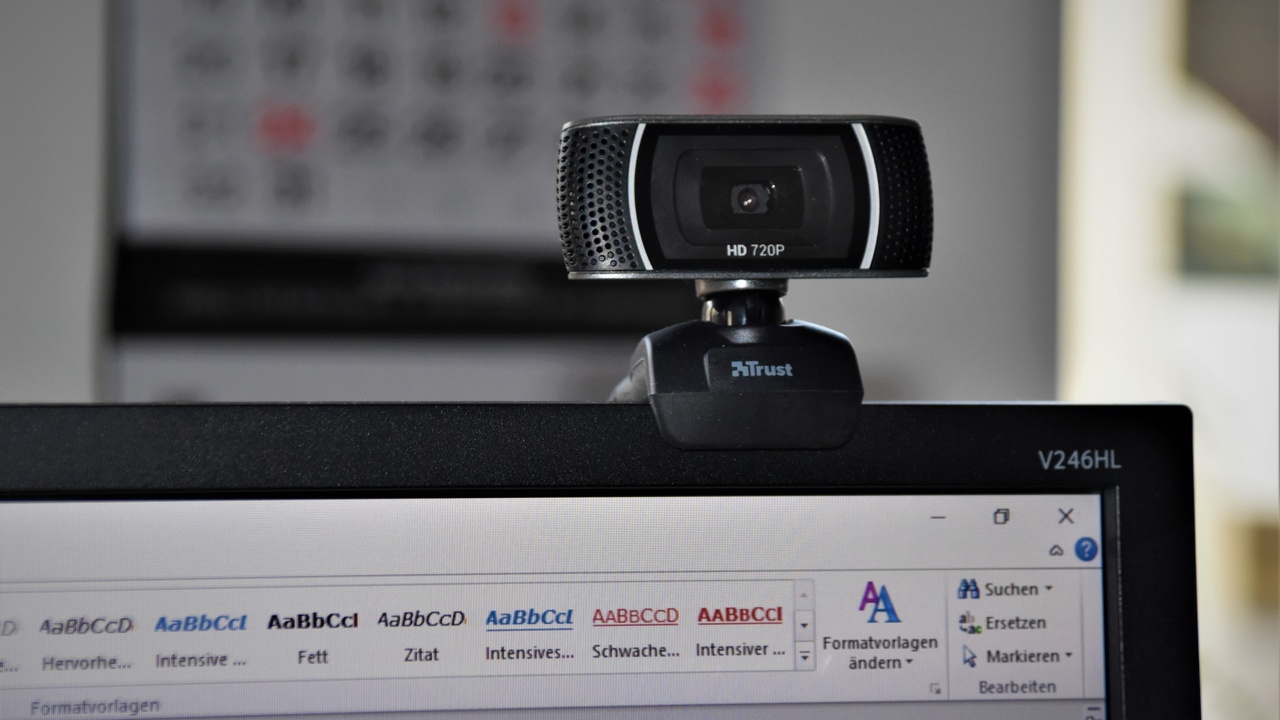4 Reasons Stories are So Memorable

By John Millen
People don’t remember what you say in presentations.
That’s a fact. As a keynote speaker and trainer, I find it to be a sad fact.
But it’s been proven. Researchers had people listen to a 10-minute presentation, then followed up to test their recall. Here are the percentages of how much people remembered at various times:
- Right after the presentation: 50%
- The next day: 25%
- A week later: 10%
This was for a 10-minute presentation. We can assume less retention after an hour-long presentation.
And other studies have found that people only retained 3% of what they heard. Three percent!
So, how can you present material, especially important data, in a way that will be remembered?
The answer, given away in my headline, is storytelling.
22 times more memorable
Research by Dr. Jennifer Aaker in the Stanford Graduate School of business found “a story is up to twenty-two times more memorable than facts alone.”
In her studies, Aaker had students give one-minute pitches. Nine of 10 presentations were heavily supported by facts and figures. The tenth presentation told a human story in support of the position.
Her research found that only five percent of the audience could recall a statistic but fully 63 percent remembered the stories.
She concluded that the best approach for data retention is to integrate your data into a story.
I’ve tested this method with a lot of audiences from small groups to thousands, and it works. This is why great leaders tell stories.
Hardwired for storytelling
Aaker explains that “Our brains are not hardwired to understand logic or retain facts for very long. Our brains are wired to understand and retain stories.
“A story is a journey that moves the listener, and when the listener goes on that journey they feel different and the result is persuasion and sometimes action.”
Chip Heath, another Stanford Business Professor not associated with Aaker, agrees.
As I wrote in How to Communicate with Numbers:
“Numbers aren’t the natural language for humans,” Heath said. “If you’re filling in databases, it’s fine to leave numbers as numbers, but the second you want to use numbers in an argument or presentation, it’s your job to put them in human terms.”
Nothing is more human than storytelling.
Neuroscience has gone into the depths of the human brain to understand why humans are hardwired for storytelling. Here are four reasons that stories are so memorable:
1. Stories helped humans survive
Through evolution we shared stories to warn of danger, to protect one another and to bond as a tribe. Our basic instinct is still to learn from stories for safety and growth.
We listen for stories to protect and grow our money, to maintain our homes and to keep our families safe. In business, we use storytelling to manage our careers and navigate the culture.
2. Stories paint mental pictures
We think in images. Stories have the unique ability to paint visual images that humans understand and more easily process.
Science tells us we not only see the picture in our minds, but with an engaging story we will project ourselves into the story’s setting.
This is obviously true with films and TV shows. It’s why you lose yourself watching a gripping movie.
3. Stories light up more of our brains
Neuroscientists like to say “neurons that fire together, wire together.” That means that the more of your brain that is engaged, the more likely you are to create a memory.
With brain-scan imaging, scientists see small regions of the brain related to language comprehension and processing light up with the presentation of facts.
But stories trigger huge segments of the brain related to visual image processing, emotional reaction and imagination. Some research finds a fivefold increase in neural activity, like a string of lights suddenly illuminating.
4. Stories release feel-good chemicals in our brains
When you watch a TV show or film with a happy ending you’ll get a shot of dopamine to your limbic system, the reward center of your brain. The same happens with listening to a story.
But long before the dopamine shot, stories will wash your brain with oxytocin, which produces a deep reaction of empathy.
Dr. Paul Zak, Founding Director of the Center for Neuroeconomics Studies and a Professor at Claremont Graduate University, has led this research. Zak explains:
We have identified oxytocin as the neurochemical responsible for empathy and narrative transportation. My lab pioneered the behavioral study of oxytocin and has proven that when the brain synthesizes oxytocin, people are more trustworthy, generous, charitable, and compassionate.
I have dubbed oxytocin the ‘moral molecule,’ and others call it the love hormone. What we know is that oxytocin makes us more sensitive to social cues around us. In many situations, social cues motivate us to engage to help others, particularly if the other person seems to need our help.
It’s clear that simple, relatable stories engage our brains and motivate us to act.
I came across this fascinating story of the late Moe Levine, a renowned lawyer who argued more than 2,000 civil jury trials.
He was representing a man who lost both of his arms in an accident. For his final argument, instead of the hours-long, drawn-out closing statement of many attorneys, Levine told this simple story:
As you know, about an hour ago we broke for lunch. I saw the bailiff come and take you all as a group to have lunch in the jury room. Then I saw the defense attorney, Mr. Horowitz. He and his client decided to go to lunch together. The judge and court clerk went to lunch.
So, I turned to my client, Harold, and said “Why don’t you and I go to lunch together?” We went across the street to that little restaurant and had lunch. (long pause) Ladies and gentlemen, I just had lunch with my client. He has no arms. He has to eat like a dog. Thank you very much.
The jury reportedly awarded Levine’s client one of the largest settlements in New York state history.
You should become a storyteller because the brains of people all around you are hardwired for storytelling.








